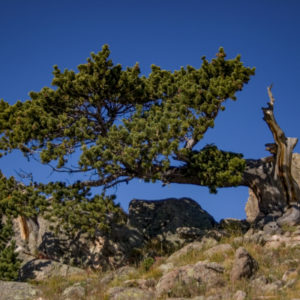 As the leaves begin to change color, it reminds us to think about how plants play a role in our lives. Plants aren’t just pretty things to look at or a healthy snack to eat. Think about what you have done today, have you interacted with any plants? Even if you haven’t eaten your vegetables, you probably have. Let’s take a deeper look into how plants play a role in our lives.
As the leaves begin to change color, it reminds us to think about how plants play a role in our lives. Plants aren’t just pretty things to look at or a healthy snack to eat. Think about what you have done today, have you interacted with any plants? Even if you haven’t eaten your vegetables, you probably have. Let’s take a deeper look into how plants play a role in our lives.
As our knowledge of plants has grown, so has our civilization. This statement is true in a number of ways but a rather drastic way that plants have changed human civilization is by altering how humans live their lives in general. Today humans live a largely stationary lifestyle, although we do move around a bit travelling and switching cities. However, for the most part, people do not change where they live on a seasonal basis anymore. In the past, people lived nomadic, hunter-gatherer lifestyles where they would constantly travel to follow their food sources. The knowledge of plants and how they grow led to the domestication of both plants and animals and created the pathway to the agricultural system we have today. Growing crops allowed for humans to stay in one place for the first time in their existence. This in turn, allowed for cities to be built up and even led to preliminary militaries as these villages needed to protect their land.
Modern medicine is another aspect of our lives that has been drastically affected by plants. Medicines today are largely manufactured in chemistry labs by scientists working with a mixture of synthetic and organic materials. However, people traditionally used natural plants to create medicinal concoctions. These natural remedies actually helped to fuel the work of scientists as they used lab processes to create the more potent versions of these natural remedies. There are still a number of natural remedies that are commonly used today, such as the locally growing arnica which is used to relieve muscle pain and bruises, and chamomile flowers which are helpful in easing stomach pain.
There are other components of our daily lives that have a strong reliance on plants. I encourage you to take a look at the ingredients in your toiletry items such as shampoos, make-up and soaps. Nearly all of these items will have plants listed in the ingredients along with other chemical materials.
Think about how our civilization would have differed without our reliance on plants. From the hardwood floors you stand on, to the newspaper you are currently reading, all of it would disappear. Our advanced medical system would probably not even exist. We might even still live as hunters traveling from place to place in search of food. Our society has grown hand in hand with plants, and it would be hard to imagine our world without this integral relationship. So as you look out over an amazing view of the green leaves changing color into vibrant yellows and oranges, I challenge you to think about the amazing impact the plants around us have had on our lives.
Caitlin Carroll is a naturalist at Walking Mountains Science Center. In her spare time she enjoys hiking, swimming, and getting outside whenever she can.









